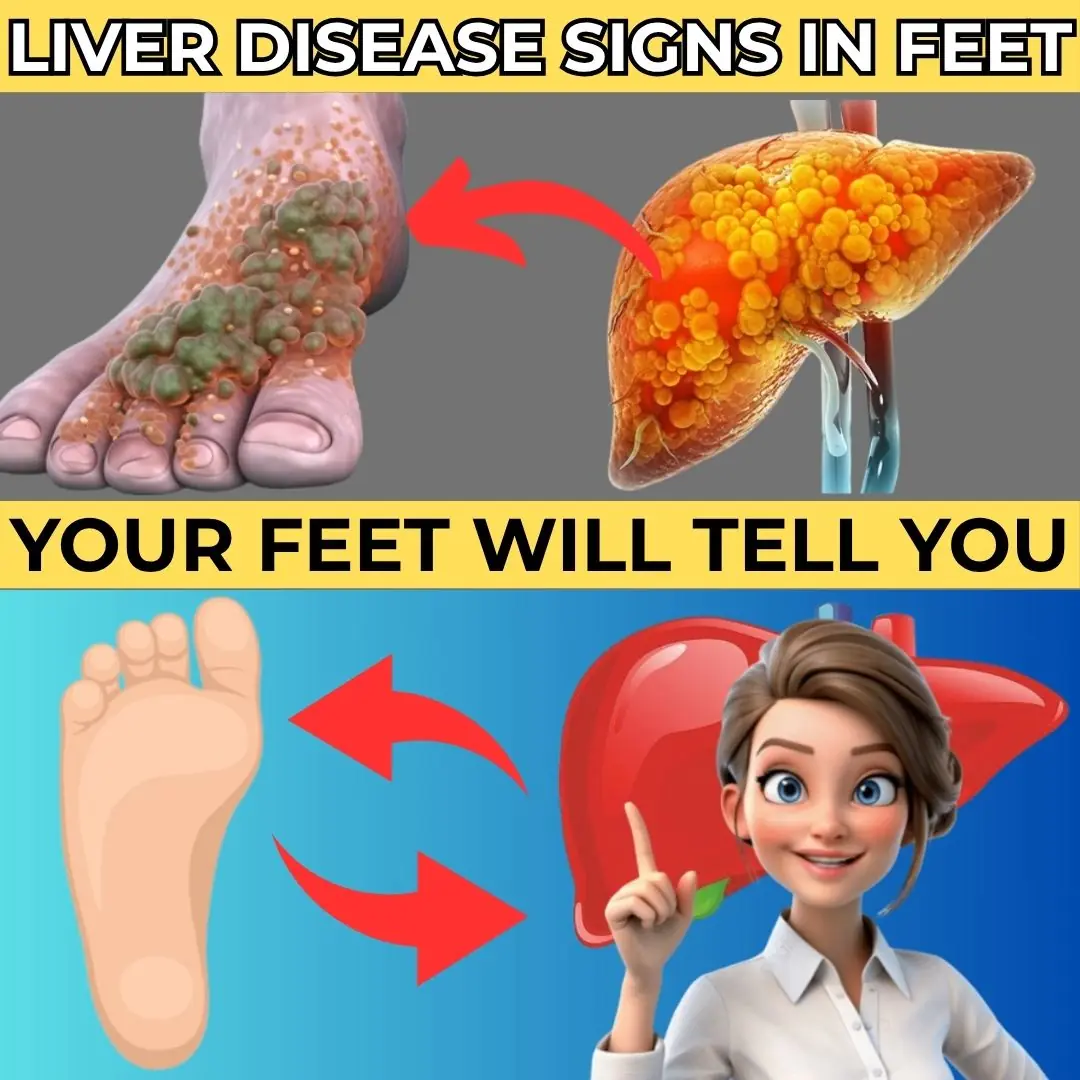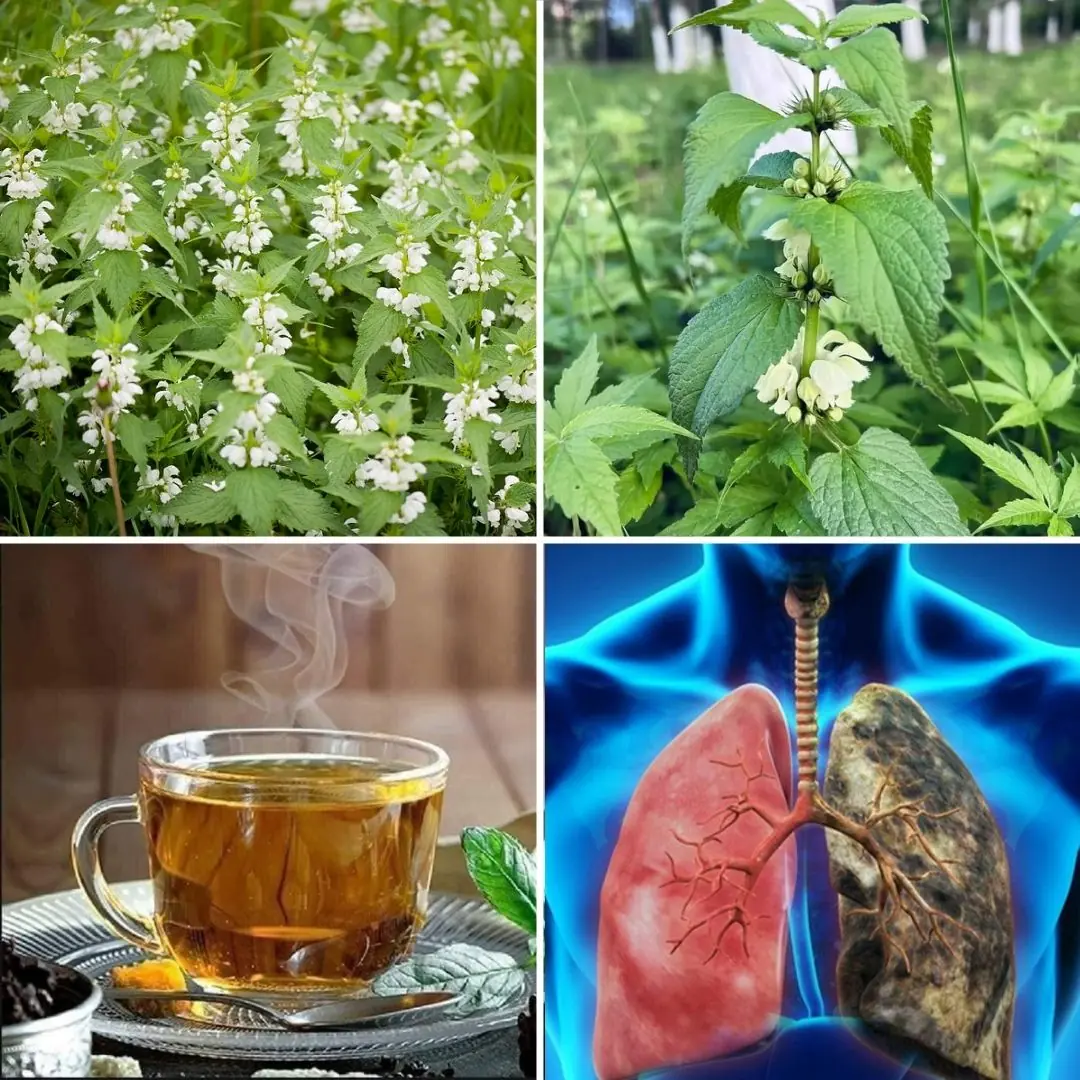
12 Early Cancer Signs You Can't Ignore | Healthy Care
12 Early Signs of Cancer You Should Never Ignore
Cancer is one of the most feared and life-altering diseases. While it can be devastating, early detection greatly increases the likelihood of successful treatment. Recognizing warning signs early allows for timely medical intervention, potentially saving lives. It’s important to note that these symptoms are not always caused by cancer, but listening to your body and speaking to a healthcare professional when something feels off can make a critical difference.
Here are 12 early signs of cancer that you should never ignore — and why they matter.

1. Unexplained Weight Loss
Losing weight without any change in your diet or physical activity can be a red flag. This type of weight loss—typically 10 pounds or more—is often one of the first noticeable signs of cancer, especially cancers affecting the pancreas, stomach, esophagus, or lungs. It may also be accompanied by fatigue, loss of appetite, and weakness. If you experience sudden or sustained weight loss without a clear explanation, speak to your doctor as soon as possible.
2. Persistent Fatigue
Everyone gets tired from time to time, but cancer-related fatigue is different—it’s extreme, long-lasting, and doesn’t improve with rest. Cancers like leukemia or colon cancer can cause fatigue due to internal bleeding or changes in how your body uses energy. If you’re constantly exhausted even after getting adequate sleep, it’s worth bringing up with your healthcare provider.
3. Pain That Doesn’t Go Away
Chronic pain without a clear cause should always be taken seriously. Pain associated with cancer may begin as mild discomfort but intensifies or persists over time. For example, back pain could be related to ovarian or spinal cancer, while headaches that don’t respond to typical treatments might signal a brain tumor. Listen to your body—persistent pain is always a reason to see a doctor.
4. Skin Changes
Your skin can reveal a lot about your internal health. Watch out for:
-
A new mole or a change in size, shape, or color of an existing mole.
-
Sores that don’t heal.
-
Itching or bleeding spots.
-
Yellowing of the skin or eyes (jaundice), which may suggest liver issues or cancer.
Skin cancer, especially melanoma, can be deadly if not detected early, so it’s important to monitor changes and consult a dermatologist when needed.
5. Difficulty Swallowing
Occasional trouble swallowing isn’t unusual, but ongoing difficulty—especially when accompanied by pain or weight loss—can be a warning sign of esophageal or throat cancer. This symptom may also occur with certain neurological conditions, so it’s important to get a full evaluation.
6. Persistent Cough or Hoarseness
If a cough lingers for more than three weeks, particularly if it's dry or accompanied by blood, it could be a sign of lung cancer. Hoarseness or a raspy voice might also indicate throat or laryngeal cancer. While coughs are common with respiratory infections, a persistent cough without other flu symptoms should not be ignored.
7. Changes in Bowel Habits
Digestive health is often a window into your overall condition. Watch for:
-
Ongoing diarrhea or constipation.
-
Blood in your stool.
-
A feeling that your bowel doesn’t empty completely.
These may be symptoms of colorectal cancer, one of the most common and treatable cancers when caught early. A colonoscopy or stool test may help diagnose the issue.
8. Unexplained Bleeding or Discharge
Bleeding that is not part of a regular menstrual cycle or occurs after menopause can be a sign of uterine or cervical cancer. Blood in the urine or stool can indicate bladder, kidney, or colon cancer. Coughing up blood is also cause for concern. Any unexplained bleeding warrants prompt medical attention to rule out serious conditions.
9. Lumps or Swellings
A lump under the skin that feels firm and doesn’t move may be a sign of cancer. These can appear in the breast, testicles, lymph nodes, or neck. Some lumps grow slowly while others increase rapidly in size. Breast and testicular cancers are often first detected this way. It’s important not to ignore any new or unusual swelling.
10. Changes in Urination
Signs like:
-
Frequent urination
-
Pain or burning during urination
-
Blood in the urine
-
Trouble starting or stopping the stream
...may point to cancers of the prostate, bladder, or kidneys. These symptoms can also be caused by infections, but if they persist, consult a urologist.
11. Persistent Indigestion or Stomach Discomfort
Chronic indigestion or a feeling of fullness after eating only a small amount may indicate stomach, pancreatic, or ovarian cancer. While indigestion is often caused by diet or stress, ongoing discomfort that doesn’t respond to lifestyle changes should be checked out.
12. Unexplained Fever
Fever is your body’s natural response to infection—but persistent or recurring fever with no clear source can signal cancer. Cancers like leukemia or lymphoma often cause fevers, particularly when accompanied by night sweats and weight loss. If you’re experiencing these symptoms, seek medical evaluation promptly.
Final Thoughts
Cancer can affect nearly every part of the body, and its early signs are often subtle or mistaken for less serious conditions. But early detection is one of the most powerful tools we have against it.
If you notice any of these symptoms—especially if they persist, worsen, or come in combination—don’t ignore them. Being proactive with your health by scheduling regular check-ups, undergoing recommended screenings, and reporting unusual symptoms can make all the difference.
News in the same category


A Natural Boost for Energy, Digestion & Glowing Skin

7 Powerful Benefits of Papaya Seeds and How to Consume Them the Right Way

Drink Okra Water Every Day and This Will Happen to You – Soaked Okra Benefits You Should Know!

A Nutritious and Energizing Pair

At 50, I Was Struggling with Blurry Vision, Anemia, and Poor Memory — This Natural Drink Healed Me Without Pills!

White Deadnettle (Lamium album): 10 Powerful Benefits and Homemade Uses

15 Health Benefits of Papaya Seeds and How to Use Them

The Hidden Power of Avocado Seeds: 12 Health Benefits and How to Use Them

The Drink That Will Empty Hospitals in 2025: It Cures Cancer, Diabetes, and High Blood Pressure Without Pills

The Real Benefits of Mixing Lemon with Activated Charcoal

Guava Leaf Tea + Cinnamon: 13 Health Benefits You Can't Miss by Drinking Every Day

Know Your Rights as a Tenant or Resident

A Healing Sip from the Past: The Gentle Power of Rice, Ginger, and Perilla Leaf Tea

7 Foods That FEED Cancer Cells That You're Eating EVERY DAY!

Goldenberries (Physalis peruviana): A Nutrient-Rich Superfruit for Better Health, Vision, and More

The Surprising Benefits of Drinking Turmeric Water at Night: 8 Reasons You Should Make It a Habit Today 🌙

Cloves, Ginger, and Lipton Tea: A Health-Boosting Trio Worth Gold

Never Throw Away Lemon Peels Again: 12 Unusual Ways to Use Them
News Post

Classmates teased a student for his poor clothes. They couldn’t imagine how he would show up at the graduation ball

He inherited a house standing in the middle of a lake… Yet what he found inside completely changed his life

17 Gentle Signs Your Liver Might Need Some Extra Care

A Natural Boost for Energy, Digestion & Glowing Skin

7 Powerful Benefits of Papaya Seeds and How to Consume Them the Right Way

Drink Okra Water Every Day and This Will Happen to You – Soaked Okra Benefits You Should Know!

A Nutritious and Energizing Pair

At 50, I Was Struggling with Blurry Vision, Anemia, and Poor Memory — This Natural Drink Healed Me Without Pills!

White Deadnettle (Lamium album): 10 Powerful Benefits and Homemade Uses

15 Health Benefits of Papaya Seeds and How to Use Them

— Hello, Lena! — Angelina saw her acquaintance and waved

The queue at the clinic was moving very slowly. Elderly ladies went into the ENT doctor’s office and disappeared there for almost an hour

The Hidden Power of Avocado Seeds: 12 Health Benefits and How to Use Them

The Drink That Will Empty Hospitals in 2025: It Cures Cancer, Diabetes, and High Blood Pressure Without Pills

The Real Benefits of Mixing Lemon with Activated Charcoal

My Wife's Evening Walks Were Always a Mystery—Until I Followed Her and Discovered the Truth

My Daughter-in-Law Started Dropping Off the Kids During My Book Club — So I Taught Her a Lesson in Respect She Won’t Forget

Guava Leaf Tea + Cinnamon: 13 Health Benefits You Can't Miss by Drinking Every Day
